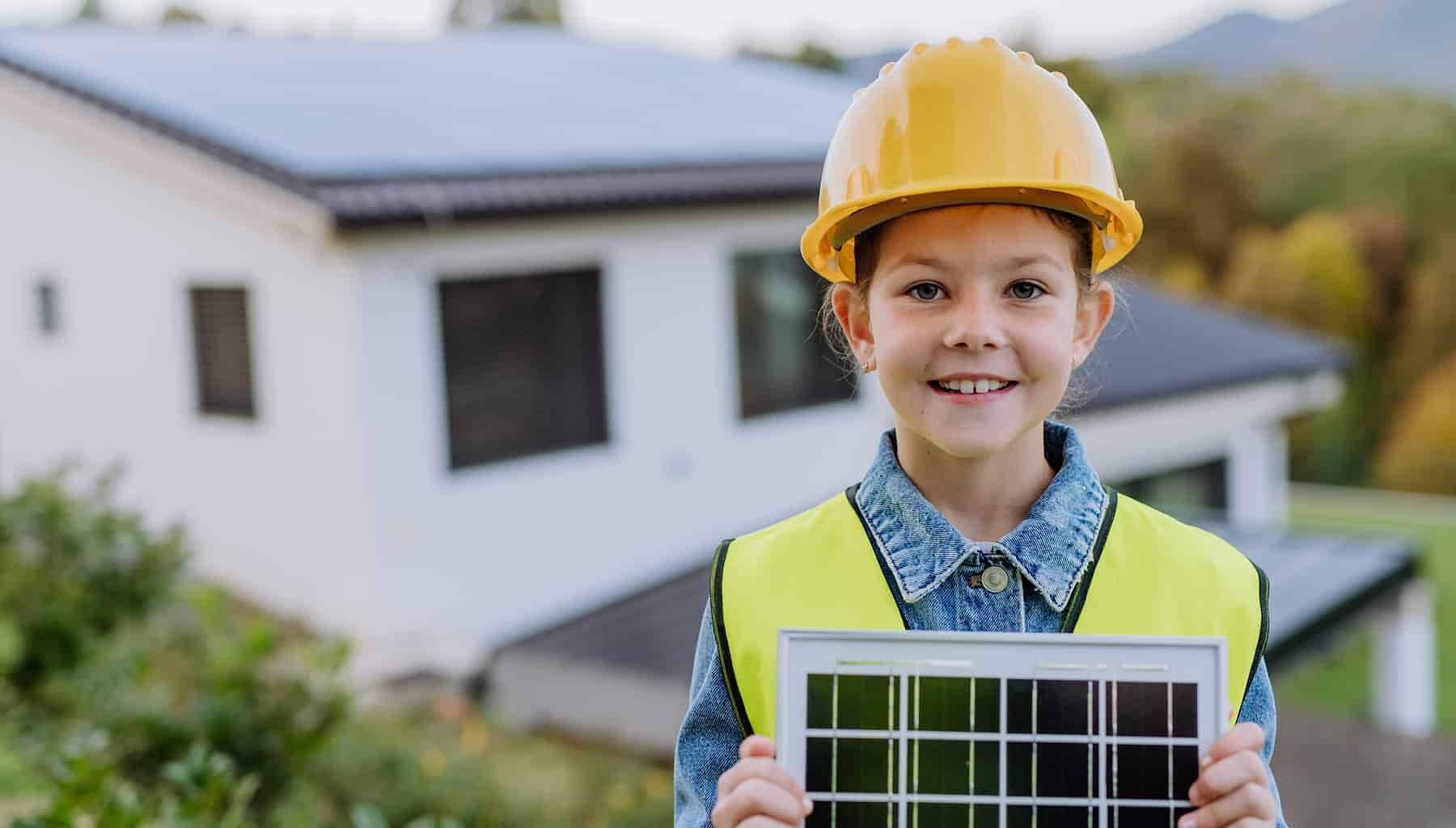

Solar panels have emerged as a sustainable and cost-effective solution for homeowners seeking to reduce their energy bills and positively impact the environment. Solar panels generate clean and renewable energy by harnessing the sun’s power, offering numerous benefits such as financial savings, environmental consciousness, and low maintenance requirements. In this article, we will delve into the advantages of installing solar panels on your home, including lower energy bills, tax credits, and incentives, reduced carbon footprint, and the long lifespan of solar panels. Let’s explore how this green technology can benefit your wallet and the planet.
Financial Benefits of Solar Panels
- Lower Energy Bills:
One of the most significant financial advantages of solar panels is the reduction in energy costs. By generating clean and renewable energy, solar panels decrease your reliance on traditional utility companies. This means you draw less electricity from the grid, lowering monthly energy bills.
- Tax Credits and Incentives:
Installing a solar panel system offers various financial incentives and tax credits at both the state and federal levels. The Federal Investment Tax Credit (ITC) provides residential owners with up to 26% of the system’s installation cost in tax credits if they install a qualified solar setup before December 31st, 2023. Additionally, many states offer additional incentives, such as refunds or performance-based impetuses, further reducing the cost of installing a solar system on your property.

- Increased Property Value:
Investing in a quality solar panel system adds value to your home over time. Studies have shown that properties equipped with solar panels typically increase value by around 4%. Prospective buyers are often willing to pay a premium for homes with existing solar installations due to solar energy’s long-term cost savings and environmental benefits.
Environmental Benefits of Solar Panels
- Reduced Carbon Footprint:
Solar panels contribute to a cleaner and more sustainable environment by significantly reducing carbon emissions. Unlike traditional energy sources like coal or natural gas, solar power produces no emissions or pollutants during operation. By using solar energy, homeowners can actively participate in combating climate change and reducing their carbon footprint.

- Improved Air Quality:
Traditional energy from fossil fuels releases harmful pollutants into the atmosphere, contributing to poor air quality and negative health impacts. Solar energy, on the other hand, is clean and produces no harmful emissions. By adopting solar panels, homeowners can contribute to improved air quality, particularly in areas affected by pollution from other sources.
- Sustainable Energy Source:
Solar power is a sustainable energy source that will never be depleted. Fossil fuels have a limited supply and will eventually run out, but solar energy from the sun is an infinite resource. By investing in solar panels, homeowners are embracing a sustainable future and ensuring that future generations will continue to benefit from this clean and renewable energy source.
Maintenance and Durability of Solar Panels
- Low Maintenance Requirements:
Solar panels have minimal moving parts, resulting in low maintenance requirements. They are designed to withstand weather conditions and require only occasional cleaning to ensure optimal performance. Periodically clearing away dust and debris from the solar panels will help maximize their efficiency and extend their lifespan.
- Long Lifespan and Warranties:
Solar panels are built to last, with an average lifespan of 25 years or more. Many solar panel manufacturers provide warranties for performance and construction or material defects. These warranties offer homeowners peace of mind and ensure that any necessary repairs or replacements will be taken care of without additional costs.
Installation Process for Solar Panels
- Professional Assessment:
It is essential to engage professional installers and contractors when installing solar panels. They have the expertise to assess your site and determine the best system design for your home. Factors such as shading, roof orientation, and available space will be considered to optimize energy production.

- Choosing the Right Contractor:
Selecting a reputable contractor with experience in solar panel installations is crucial. They should be knowledgeable about local building codes and regulations to ensure compliance. It is also advisable to request customer testimonials and evaluate previous work to ensure the quality and reliability of the contractor.
- Installation and Maintenance:
Once the installer has been chosen, the installation process can begin. A site assessment will be conducted to identify potential issues affecting energy production, such as shading. The installer will then determine the number of solar panels required for optimal energy generation. After installation, periodic cleaning and monitoring are necessary to maintain the solar panel system’s performance.
Advantages of Owning Solar Panels vs. Leasing or Power Purchase Agreements (PPAs)
- Increased Savings:
Owning solar panels allows homeowners to save more money in the long run. Homeowners can reduce their reliance on the grid and lower their monthly utility bills by generating their electricity. Additionally, net metering programs in many areas allow homeowners to sell surplus energy back to the grid, further increasing savings.
- Tax Credits and Incentives:
Homeowners who own solar panels may qualify for various tax credits and incentives, making the initial investment more affordable. These incentives can significantly offset the solar system’s cost, making it a more attractive option for homeowners.

- Higher Home Value:
Solar panels add value to your home, making it more attractive to potential buyers. The long-term cost savings and environmental benefits associated with solar energy appeal to homebuyers, often leading to higher resale values than homes without solar installations.
Investing in solar panels for your home provides financial benefits through lower energy bills and tax credits and contributes to a greener and more sustainable future. By harnessing the sun’s power, homeowners can reduce their carbon footprint, improve air quality, and use a reliable and renewable energy source. With low maintenance requirements and a long lifespan, solar panels are a wise investment that adds value to your home. Embrace solar power today and enjoy the advantages of clean energy and cost savings while positively impacting the environment.
